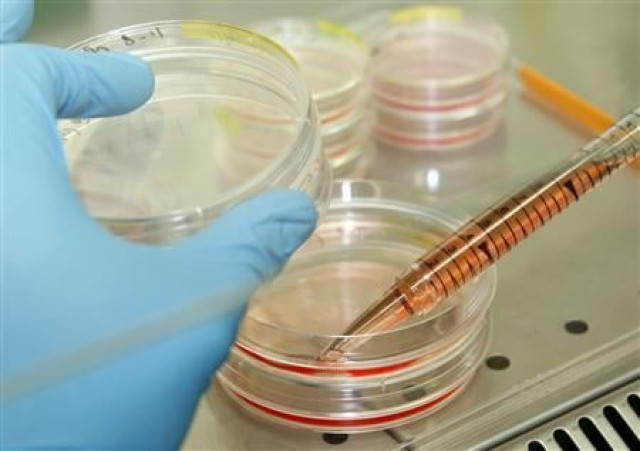'Groundbreaking' therapy for severe autoimmune disease hailed
Four women and one man received transfusions of modified immune cells to treat severe lupus, says report

Five people with severe autoimmune disease have become the first in the world to receive a groundbreaking therapy that uses genetically altered cells to drive the illness into remission, The Guardian reported.
According to the report, four women and one man, aged 18 to 24, received transfusions of modified immune cells to treat severe lupus, an autoimmune disease that can cause life-threatening damage to the heart, lungs, brain and kidneys.
The treatment drove the disease into remission in all five patients, who have now been off lupus medication for between three and 17 months. Doctors said that the apparent success raised hopes for tackling other autoimmune conditions such rheumatoid arthritis and multiple sclerosis.
Lupus, or systemic lupus erythematosus, develops when the immune system mistakenly attacks healthy tissues and organs. The causes are not well understood, but researchers believe it may be triggered by viral infections, particular medicines, and changes in the body around puberty and the menopause.
Read more: Is Pakistan ready for online therapy?
The condition affects about one in 1,000 people, and far more women than men. It is hard to diagnose because the symptoms often flare up and settle down, and overlap with those of several other diseases. While mild in many people, lupus can cause extreme tiredness, organ damage and pain in the joints and muscles. One of the most common signs is a distinctive skin rash over the nose and cheeks.
Doctors in Germany treated five severely ill patients with CAR T-cell therapy after other treatments failed to improve their symptoms. The approach has proved successful at combating certain cancers since it was first used in a leukaemia patient in 2015. CAR T-cell therapy involves collecting the patient’s T-cells – a key component of the immune system – and modifying them so that they attack new targets, such as cancer cells, when infused back into the body.
In the latest work, the report added, doctors took T-cells from the lupus patients and modified them so that, on re-infusion, they attacked the patients’ B cells. In lupus, B cells churn out autoantibodies, which instead of defending the body against invading pathogens, attack healthy tissues instead.
According to the study in Nature Medicine, the therapy in effect wiped out the patients’ aberrant B cells and dramatically improved their condition. The disease affected multiple organs in all five patients, but after the therapy severe symptoms including arthritis, fatigue, fibrosis of the heart valves, and lung inflammation all cleared up.
Blood tests on the patients showed that their B cells recovered about four months after the treatment, but they no longer produced aberrant antibodies and the patients remained disease-free. Writing in the journal, the authors speculate that the therapy led to a “rebooting of the immune system”.
“We are very excited about these results,” said Prof Georg Schett, a rheumatologist who led the work at Friedrich-Alexander University in Erlangen-Nuremberg. “Several other autoimmune diseases which are dependent on B cells and show autoantibodies may respond to this treatment. These include rheumatoid arthritis, myositis and systemic sclerosis. But also diseases like multiple sclerosis may be very responsive to CAR T-cell treatment.”



















COMMENTS
Comments are moderated and generally will be posted if they are on-topic and not abusive.
For more information, please see our Comments FAQ